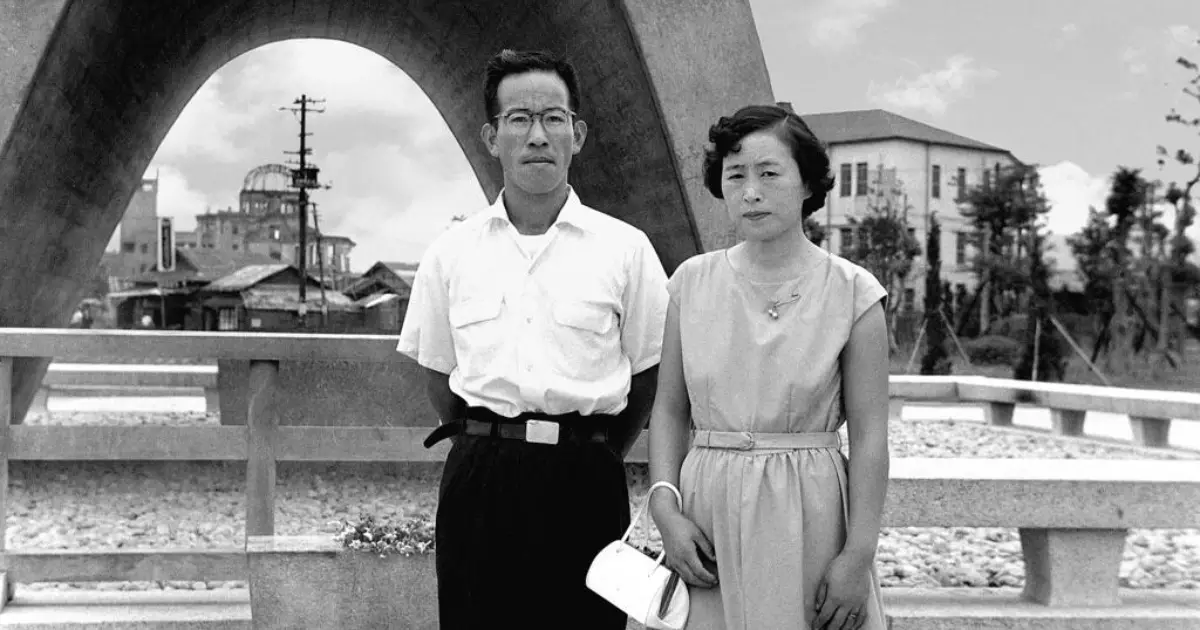
The memories of those who lived 100 years and witnessed the atomic bombing of Hiroshima transcend the boundaries of time, space and language, taking delicate and poetic form in the short film “Alma Errante – Hibakusha”. This documentary explores the imagination of Takashi Morita, an atomic bomb survivor, former Guardsman, and peace activist who died in Brazil in 2024 at the age of 100. The film, directed by filmmaker Joel Yamaji, had its international release on Sunday 9th at the 26th San Diego Asian Film Festival in California.
clade clock RFI correspondent in Los Angeles
This project began about 30 years ago, in 1996, when Yamaji met the Morita family in São Paulo. Since then, Yamaji has accumulated hours of images and testimonies until he found the shape he wanted. The film is more visual poetry than historical record.
“I didn’t want to explore suffering in the form of spectacle. I wanted to make a film about peace, a film about people who went through war. It’s a film about overcoming,” says the director.
Yamaji defines this short film as a work that goes beyond traditional documentary, blending generations in a metaphor of coexistence.
“I’ve always thought that movies need poetry, especially in a world at war. Takashi has always advocated for peace, so I wanted to make a film that was poetry rather than an accusation,” says director Yamaji.
A legacy of memory and a message of peace
Takashi’s daughter, Yasuko Morita, came to San Diego for the performance of “Wandering Soul Hibakusha”. She traces the trajectory of the film, the legacy and memories of her parents, Hiroshima survivors, whom she had heard about since she was a child.
“In addition to being a very close couple, we shared the same memories. My brother and I grew up hearing this story. They were victims of the same tragedy, but united by hope. My father never spoke ill of anyone. When I asked him if he was angry with the United States, he said, ‘No, I’m angry with the war,'” Yasuko said.
She also recalled that her father dedicated his life to the peace movement and the Brazilian Atomic Bomb Victims Association, which he founded to guarantee medical aid and promote awareness.
“Our peace movement has always targeted young people to help them understand that atomic bombs cannot coexist with humanity. My father said, ‘First was Hiroshima. Nagasaki must be last,'” she said.
Yasuko emphasizes the symbolism of bringing the film now to the United States, the country that dropped the atomic bomb and where President Donald Trump just days ago spoke of returning to nuclear testing. She remembers her last conversation with her father.
“My father’s last words before he passed really resonated with me. He said, ‘We didn’t do enough. Look at what the world is like now.’ I said, ‘But you did the best you could. “And the rest will be carried on by others.” Two months after his death, a Japanese survivors’ organization with whom we had many contacts was awarded the Nobel Peace Prize. “I thought you would be proud!” he concluded.



